Inspiring Stories of Women Entrepreneurs in the silk saree industry
In the vibrant world of Indian textiles, silk sarees hold a timeless allure. These beautiful garments are more than just fashion statements; they symbolize centuries of tradition, craftsmanship, and cultural pride. Behind the scenes of this illustrious industry, many women entrepreneurs are leading a quiet revolution, weaving not just sarees but stories of empowerment, innovation, and success.
In this blog, we dive into the inspiring journeys of women who have made remarkable strides in the silk saree industry. Their entrepreneurial spirit and commitment to preserving tradition while embracing modernity serve as a beacon of hope for aspiring businesswomen across the country.
The Silk Saree Industry: A Rich Tapestry of Tradition
India’s silk industry is one of the oldest in the world, with sarees being a quintessential representation of our heritage. From the delicate Kanjivaram silks of Tamil Nadu to the vibrant Patola sarees of Gujarat, each region contributes its unique flavor to the vast landscape of silk sarees. For centuries, the industry has been dominated by family-run businesses and male weavers, but women are now increasingly stepping into leadership roles.
The silk saree industry presents immense opportunities for women entrepreneurs. The growing demand for eco-friendly, handmade, and ethically sourced products has given rise to a new wave of female-led businesses, focusing on innovation, sustainability, and social impact.
Breaking the Mold: Pioneering Women Entrepreneurs
Women entrepreneurs in the silk saree industry face unique challenges—be it societal expectations, limited access to resources, or competing in a male-dominated space. Yet, these barriers have not deterred them. Their success stories serve as a testament to their resilience, creativity, and business acumen.
1. Gita Ramesh: Reviving Traditional Kanjivaram Weaves
Gita Ramesh, a former corporate executive, left her high-profile job to pursue her passion for silk sarees. Hailing from Kanchipuram, she grew up surrounded by the rich tradition of Kanjivaram silk. In 2010, she founded her brand "Silken Threads," which focuses on reviving traditional Kanjivaram weaves while providing sustainable livelihoods to local weavers.
Gita’s journey was not easy. With little experience in the textile industry, she had to learn the ropes from scratch. But her unwavering belief in the beauty of handloom sarees and her determination to uplift rural weavers helped her overcome numerous hurdles. Today, her brand is a well-known name in the saree world, and Gita actively promotes ethical fashion and supports over 200 weaver families in Tamil Nadu.
2. Anjali Verma: A Modern Twist on Banarasi Silks
Anjali Verma, a young entrepreneur from Varanasi, saw an opportunity in combining traditional Banarasi silk with contemporary designs. She launched her own brand, “Weaves & Wonders,” in 2016, aimed at younger customers who appreciate the craftsmanship of silk but seek modern aesthetics. By introducing bold patterns and unconventional color combinations, Anjali has redefined the Banarasi saree for today’s generation.
Her journey was marked by skepticism from traditional weavers and buyers alike. Yet, Anjali’s innovative designs slowly gained traction on social media, and her brand now boasts a loyal clientele. By embracing e-commerce, Anjali was able to reach global markets, proving that even a centuries-old craft can thrive with modern twists.
3. Manju Devi: Empowering Weavers through Social Enterprise
Manju Devi’s story is one of social entrepreneurship. After witnessing the exploitation of weavers in her home state of Assam, she decided to take matters into her own hands. In 2014, she established "Silk Routes," a cooperative that focuses on producing high-quality Muga silk sarees while ensuring fair wages and safe working conditions for the weavers.
Manju's mission goes beyond business—her goal is to empower rural women. Through her cooperative, she trains women in weaving and entrepreneurship, enabling them to become financially independent. Silk Routes has since grown into a highly successful venture, exporting Assam’s prized Muga silk to countries around the world. Manju’s work has not only preserved the endangered art of Muga silk weaving but also transformed the lives of countless women.
Challenges Faced by Women Entrepreneurs in the Silk Saree Industry
Despite their success, women entrepreneurs in the silk saree industry face significant challenges. These include limited access to capital, inadequate support from family, and gender bias within the industry. Often, these women have to juggle family responsibilities with the demands of running a business, making their achievements even more commendable.
-
Access to Capital: Traditional banks and financial institutions often hesitate to lend to women entrepreneurs in small-scale industries. Many women, particularly in rural areas, resort to self-funding or taking loans from informal sources, which can limit the growth of their businesses.
-
Balancing Tradition with Innovation: In an industry deeply rooted in tradition, introducing new designs and modern techniques can be met with resistance. Women entrepreneurs need to strike a delicate balance between preserving the authenticity of traditional silk sarees and appealing to the tastes of a new generation.
-
Cultural Barriers: In many parts of India, women are expected to prioritize household duties over their careers. This societal pressure can hinder their ability to fully dedicate themselves to their businesses. However, as more women step into entrepreneurial roles, they are challenging these outdated norms.
How Women Are Changing the Face of the Industry
The rise of women entrepreneurs in the silk saree industry is reshaping the entire ecosystem. They are not just contributing to the economy but also fostering a more inclusive and sustainable industry. Here’s how they are making a difference:
-
Promoting Ethical Fashion: Many women-led businesses prioritize ethical production processes. They work directly with weavers, ensure fair trade practices, and focus on sustainable materials. This emphasis on conscious consumerism is appealing to modern buyers who are more mindful of the origins of their clothing.
-
Fostering Innovation: Women entrepreneurs are not afraid to experiment with new designs, marketing strategies, and business models. From eco-friendly dyes to e-commerce platforms, they are driving innovation within the industry, making silk sarees more accessible to global markets.
-
Creating Social Impact: Through their ventures, these women are empowering other women. By training female weavers, providing them with fair wages, and creating safe working environments, they are uplifting entire communities.
Conclusion: Weaving a Future of Empowerment
The stories of women entrepreneurs in the silk saree industry are stories of passion, perseverance, and progress. These women are not only preserving India's rich textile heritage but are also forging a path for future generations of women entrepreneurs. They stand as role models, showing that with determination and vision, it is possible to break through barriers and succeed in even the most traditional industries.
As the silk saree industry continues to evolve, it is these women who will lead the way, ensuring that the threads of tradition and innovation are woven together into a brighter future.

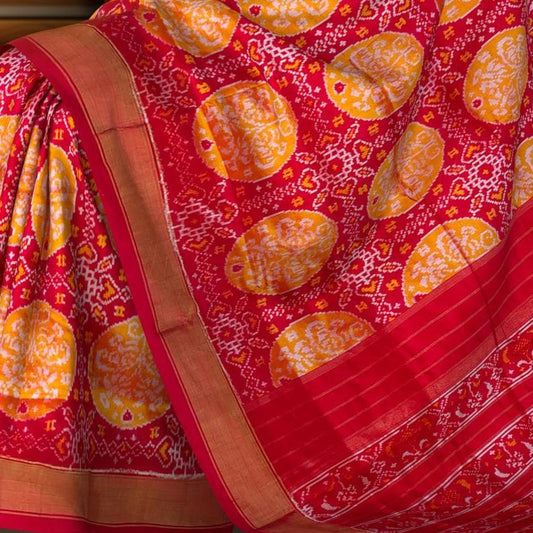
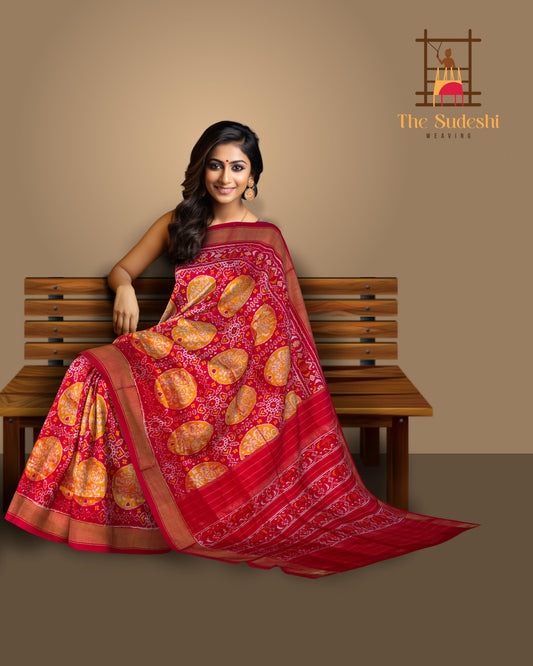
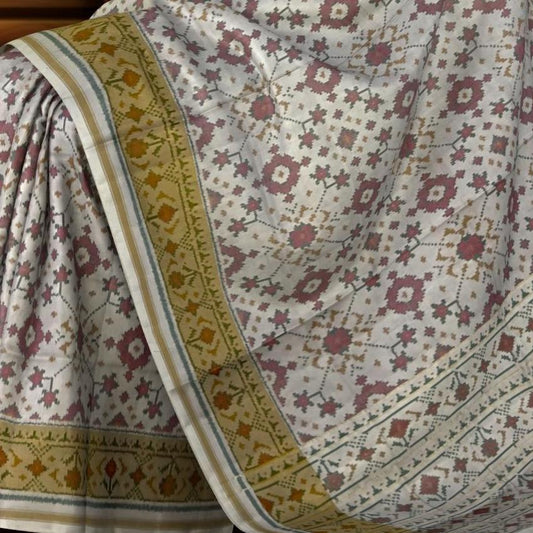
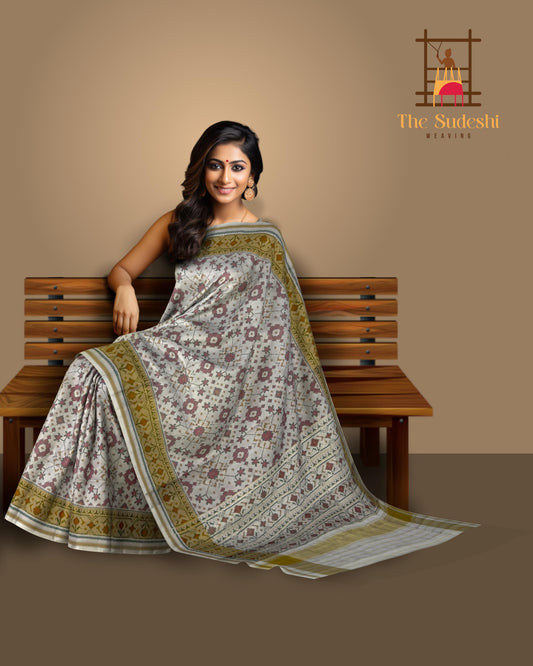
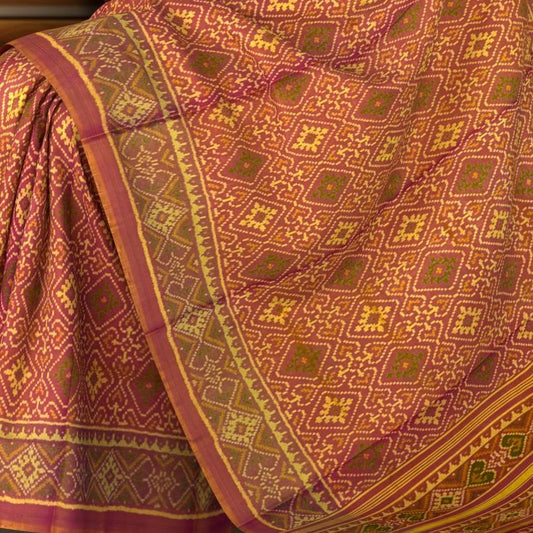
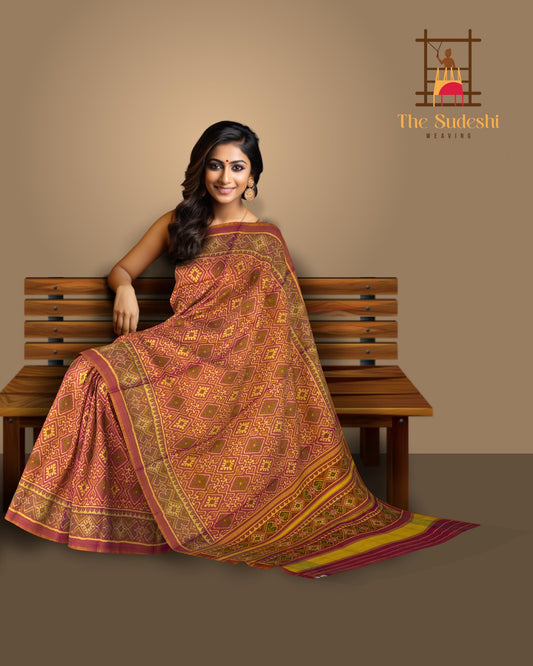
Leave a comment
Please note, comments need to be approved before they are published.